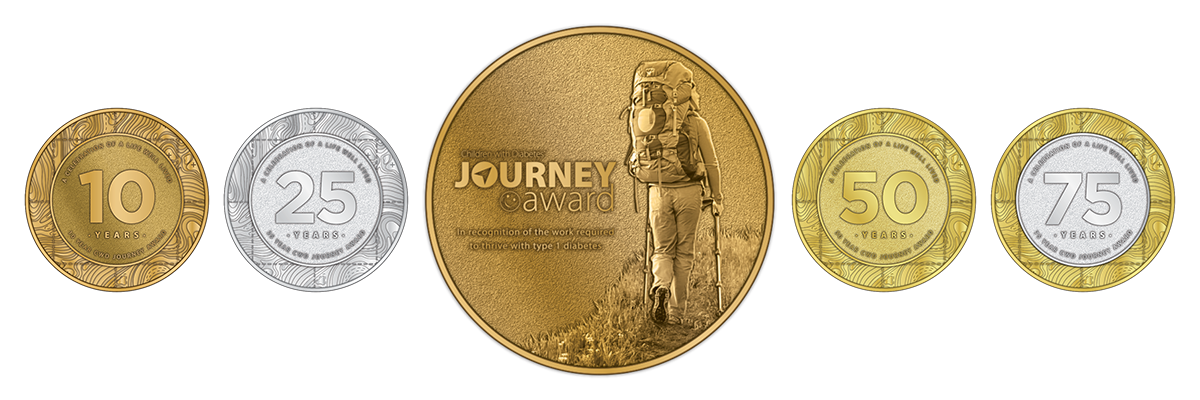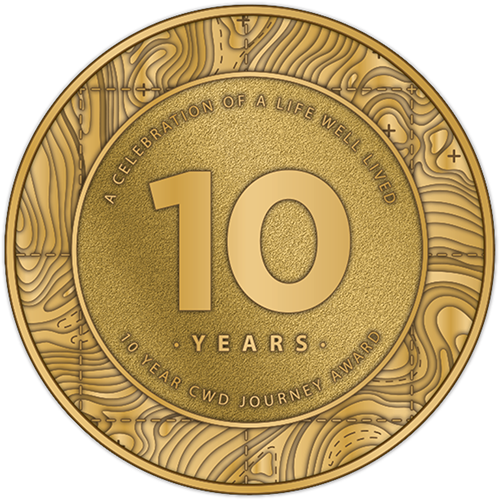
Owen
“We think he has diabetes.” I remember the doctor whispering to my mother. I was too young to understand the gravity of those words, but my life changed in that moment. At eight years old, an autoimmune disease attacked my pancreas, leaving it nonfunctional and worthless. I now had a chronic illness that required 24:7 monitoring and would have this disease for the remainder of my life.
From that moment on, every bite of food needed a dose of insulin. Every waking moment was a balancing act of matching my insulin dose to the carbs I ate. Eating became a chore- a math problem with an elusive answer. Whenever I thought I counted my carbs correctly, I was inevitably wrong. So many factors that were outside of my control impacted my blood sugar. Exercise, hormones, stress, and illness made managing the disease even more challenging. It can be frustrating, isolating, and exhausting.
I tried to be vigilant, but following the strict regime of checking blood sugars, monitoring carb intake, and dosing became a lot to juggle. I questioned why I had to give myself injections. Why do I have to go to the nurse before lunch? Why do I have to carry juice boxes with me at all times? I hated sitting out during gym class when my blood sugar was too low or passing on a sweet treat because of a high blood sugar. It was unfair, and the pressure to be perfect was daunting.
I spent years wavering between responsible control of the disease and completely ignoring it. I created my own diabetes management plan. If I didn’t feel like dosing, I would eat a no-carb meal. If I didn’t want my blood sugars to drop too low, I avoided physical activity. My diabetes plan worked, albeit not as efficiently as the endocrinologist’s plan, but I felt more normal and stopped being the poor kid who gets lots of shots. Despite knowing that high blood sugars affect focus, sleep, mood, and mental acuity, I chose to be a kid and not a disease.
Fast forward to Junior year, and I could no longer mask having type 1. My plan to treat my disease my way failed. I lost weight. I was perpetually exhausted, and my schoolwork and extracurricular life suffered. How could I possibly keep up with school demands when I felt like a Mack truck was hitting me over and over? At the time, I thought I was weak and not smart enough.
All my friends were succeeding in school and enjoying junior year, but I was failing. I had no idea that I was suffering from diabetic burnout, a common occurrence with type 1. The strategies of avoidance and unquestioning optimism were no longer viable. I decided to take control back. The first step was to accept that I was a type 1 diabetic. I also decided it was time to educate myself about the disease and to take ownership of all of the responsibilities in managing the disease. I made healthy changes to my diet and reduced my sugar intake. I worked on my carb counting and blood sugar monitoring. Slowly, that anger towards this disease melted away. With better blood sugar control, I felt better. My sleep and eating improved, as did my schoolwork.
I graduated this past June and am attending college at SCAD in the fall. I am confident that I can achieve my goals academically. There are still days I wish I didn’t have type 1, but I try to not fixate on the negatives, and instead focus on my strength, resiliency, and gratitude for the technology and community that supports me.

since 2015

Do you have a story to share about your experiences with diabetes? We want to hear from you! Tell us your story using the form below and we'll consider it for inclusion in the CWD Stories section of our website.
